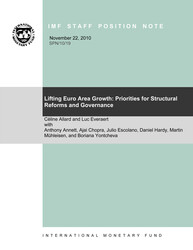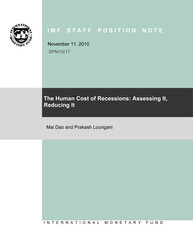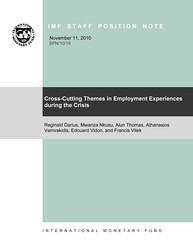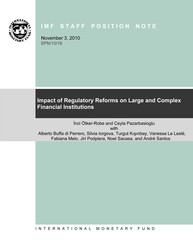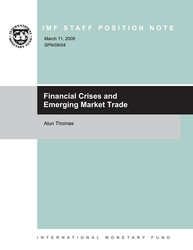
Financial Crises and Emerging Market Trade
Although trade credits are self-liquidating, typically backed by receivables, with low transfer and convertibility risks, they often collapse during banking crises.
READ MORE...
Volume/Issue:
Volume 2009
Issue 004
Publication date: March 2009
ISBN: 9781455280476
$5.00
Add to Cart by clicking price of the language and format you'd like to purchase
Available Languages and Formats
| English |
Prices in red indicate formats that are not yet available but are forthcoming.
Topics covered in this book
This title contains information about the following subjects.
Click on a subject if you would like to see other titles with the same subjects.
Banks and Banking , Exports and Imports , SPN , import , trade , export , exporter , import deflator , trade finance variable , export deflator , commodity exporter , short-run export price elasticity , Private capital flows , Banking crises , Imports , Exports , Trade finance , Global
Summary
This chapter discusses various aspects of financial crises and emerging market trade. The current global financial crisis and the sharp reduction in trade flows have raised questions about the extent to which access to capital affects the ability of companies to produce and sell exports and to buy imports. The results presented in this chapter imply that financial conditions play a significant, however, not dominant role in stimulating trade volumes among emerging market countries. Estimates presented in this paper suggest that the combination of zero net private capital flows to emerging markets and a domestic banking crisis could lower import volume growth by between 5 and 6 percent on impact, with a slightly lower effect on export volumes. It is also important to recognize that trade finance is not the only form of credit with implications for trade volumes. Conditions in credit markets more generally, including for working capital and long-term investment financing also have an impact on international trade, including through their impact on industrial production more generally. As such, it is probably sensible for policymakers to support credit flows in general rather than to focus specifically on increasing trade finance.
Copyright © 2010 - 2026
Powered by:
AIDC
